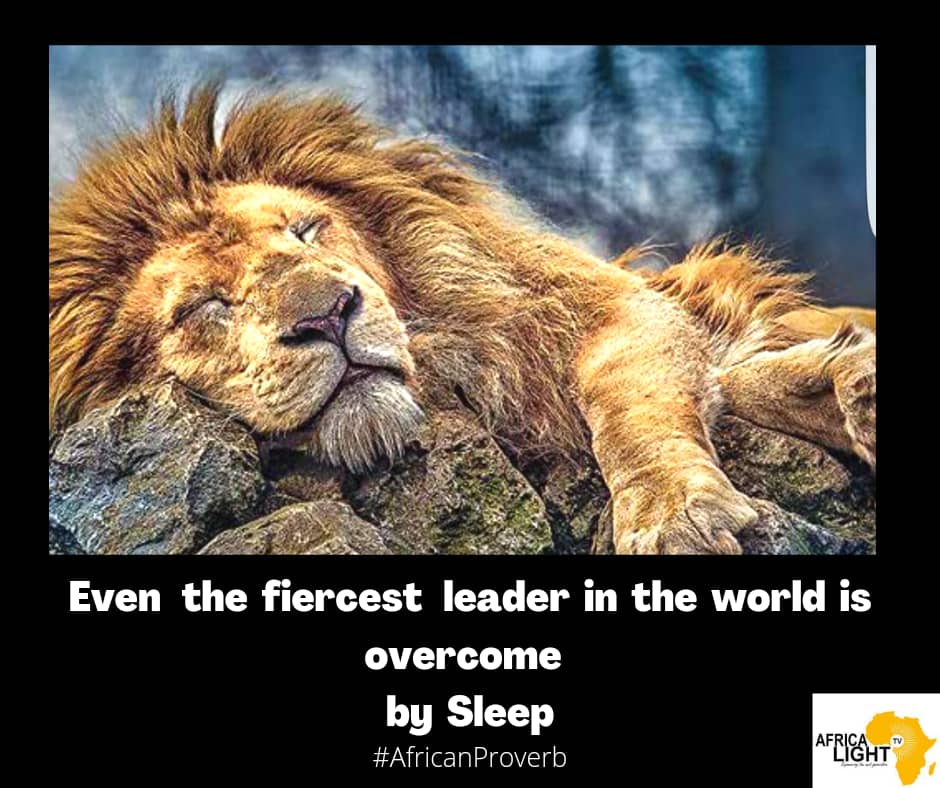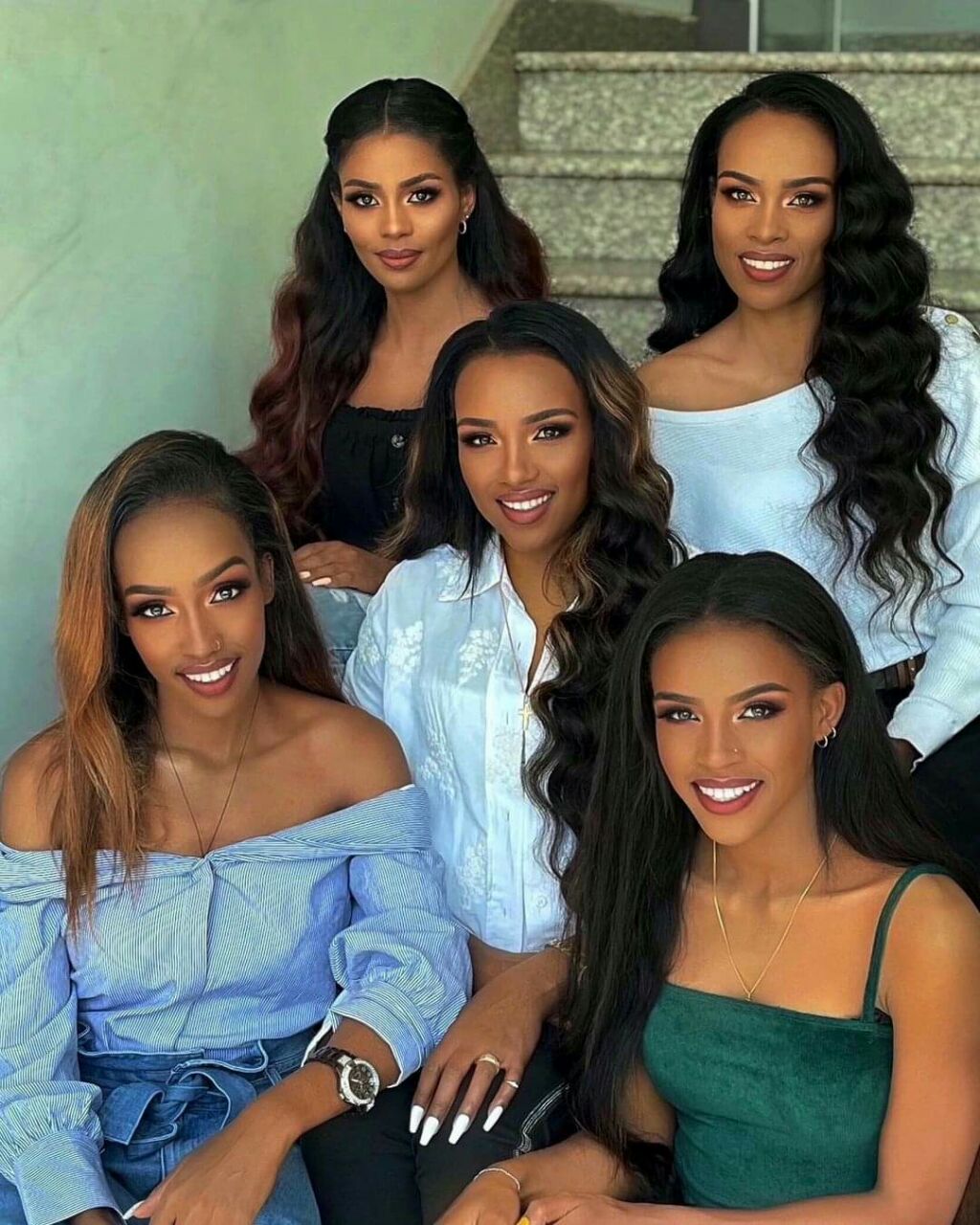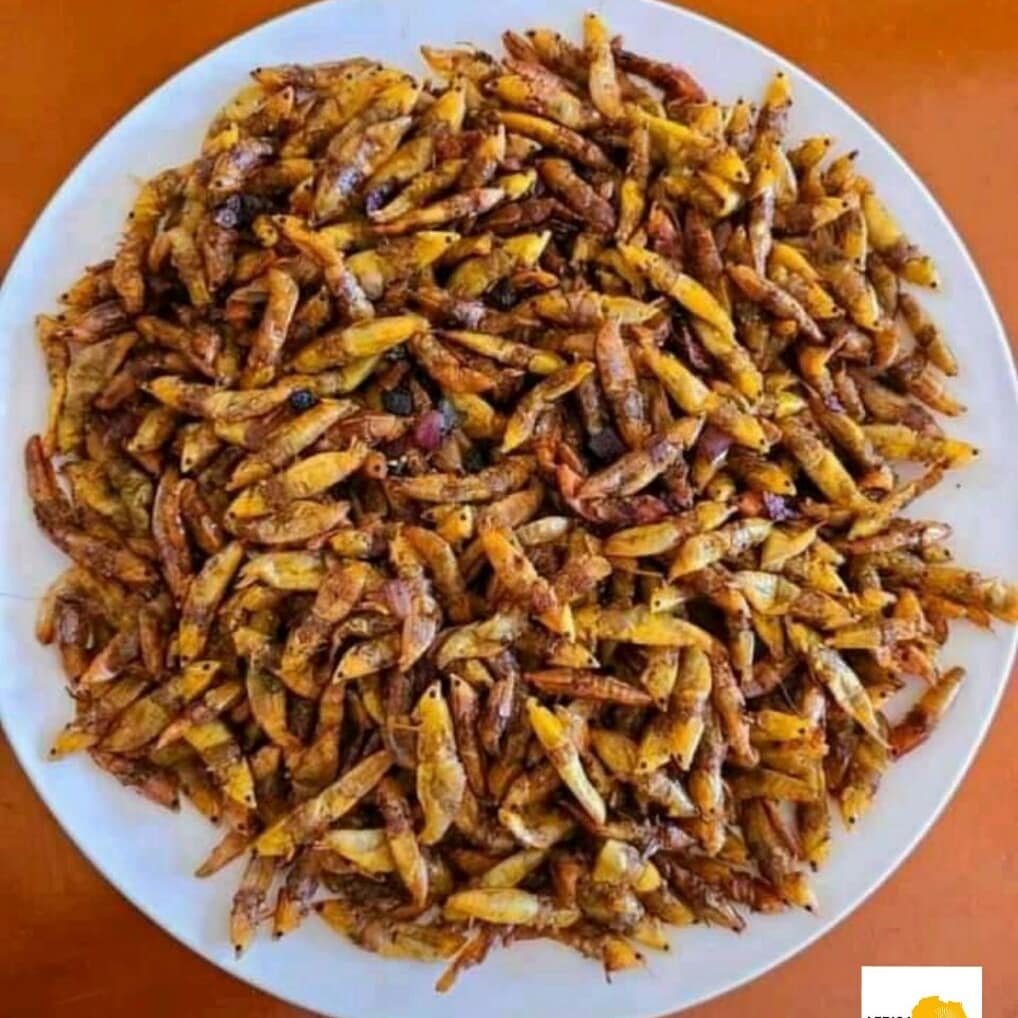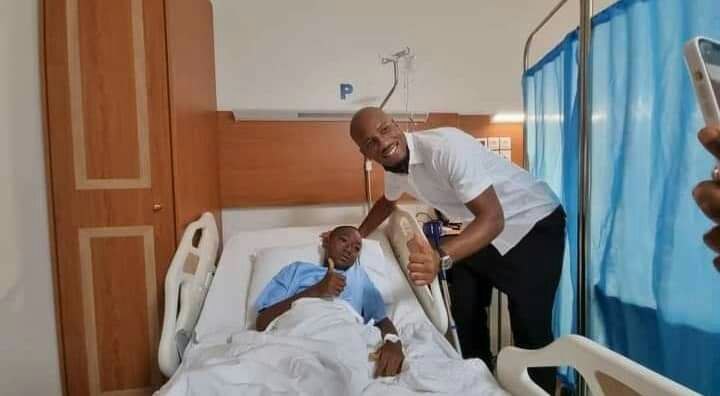Reformed Circumciser Abandones Practicing Female Genital Mutilation
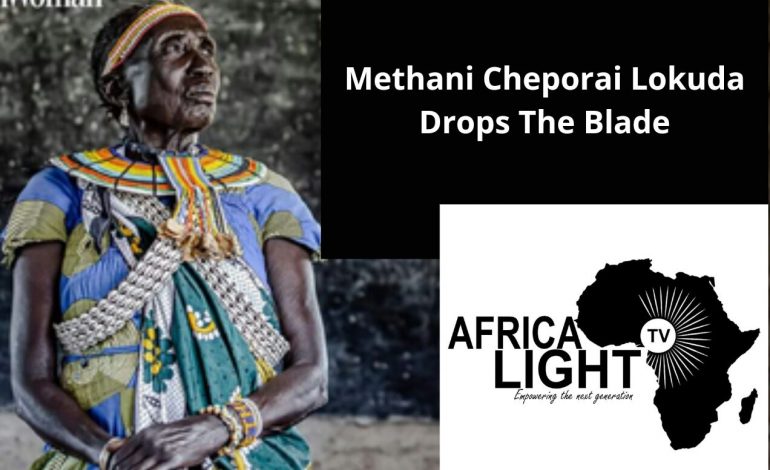
‘Every Woman Has Sexual and Reproductive Rights.’
Reformed circumciser Methani Cheporai Lokuda was persuaded to abandon practising Female Genital Mutilation and has become an anti-FGM advocate. Two other circumcisers have been reformed as well and joined her to quit this practice.
More than 10,000 girls over 30 years. That’s how many were cut in female genital mutilation rituals almost one girl a day, every day, spanning three decades.
Now in their 70s, Chepchongil Cheleston, Kokarupe Lorwu and Methani Chepurai Lokuda are female genital mutilation survivors and former cutters who have turned their backs on the blade, fighting against the harmful practice and encouraging a younger generation to do the same.
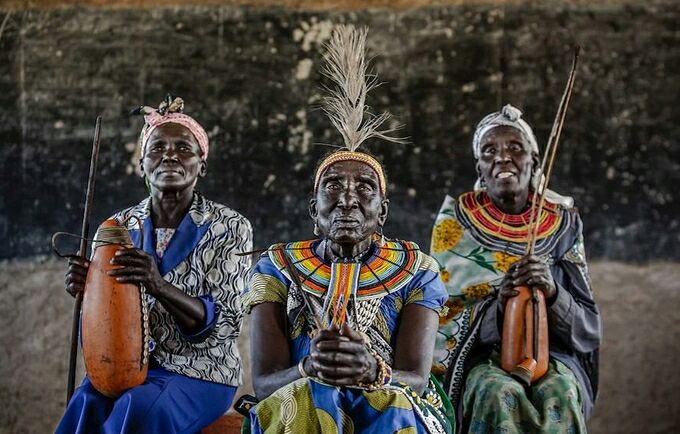
Ms. Lokuda, who learned the practice from her grandmother, said the girls she cut so long ago are now much older women, but her actions still weigh heavily on her conscience. Those girls did not – but should have had – a say in what happened to their bodies. At the time, she understood the practice as a mandatory rite of passage.
All the women in my generation had been circumcised, and it is something that the community embraced as a sign of womanhood. If you did not do it, you did not belong,” explained Ms. Lokuda, who performed the cut on over 5,000 girls. If she did the job during the day, she was paid in alcohol; at night, she received $5 per girl.
Ms. Lorwu was compensated similarly. “Every evening, young women would be gathered in a particular household, and I would be called to perform the circumcision,” she said. “After a night of singing and dancing, the girls would wake up at the crack of dawn and shower. We would then proceed to the cowshed where I performed the cut. I would be paid between $5 and $10 per girl. Sometimes I would be paid in alcohol.”
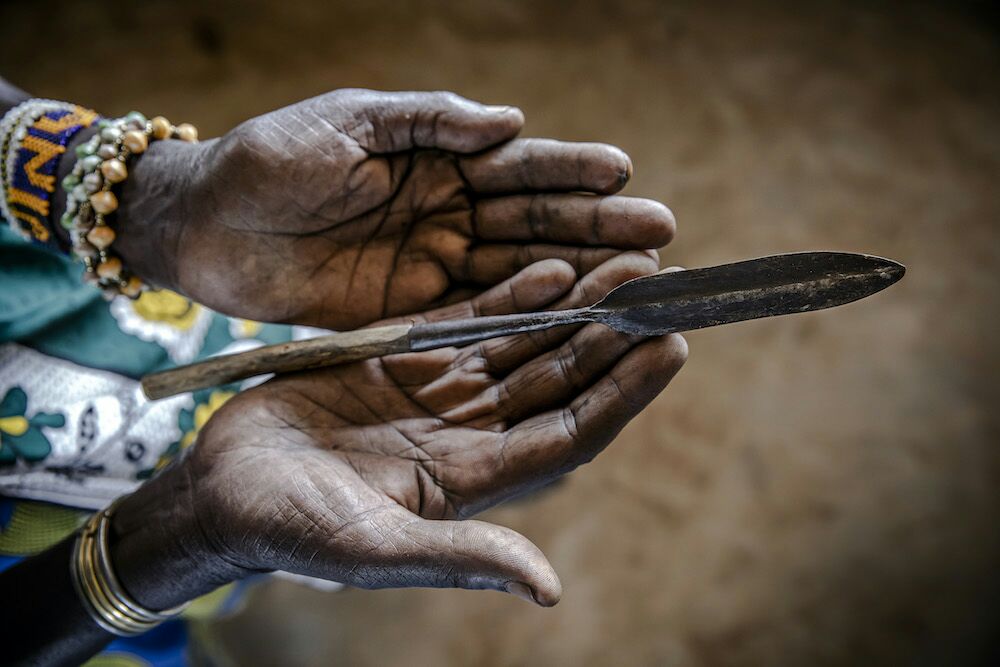
Implemented by partners, the programmes integrate dialogue, psychosocial support and livelihood options for those engaged in the practice. It was not an easy decision for any of them to put down their tools, as it was their livelihood, but through World Vision International, the women received six goats each as a means to support themselves.
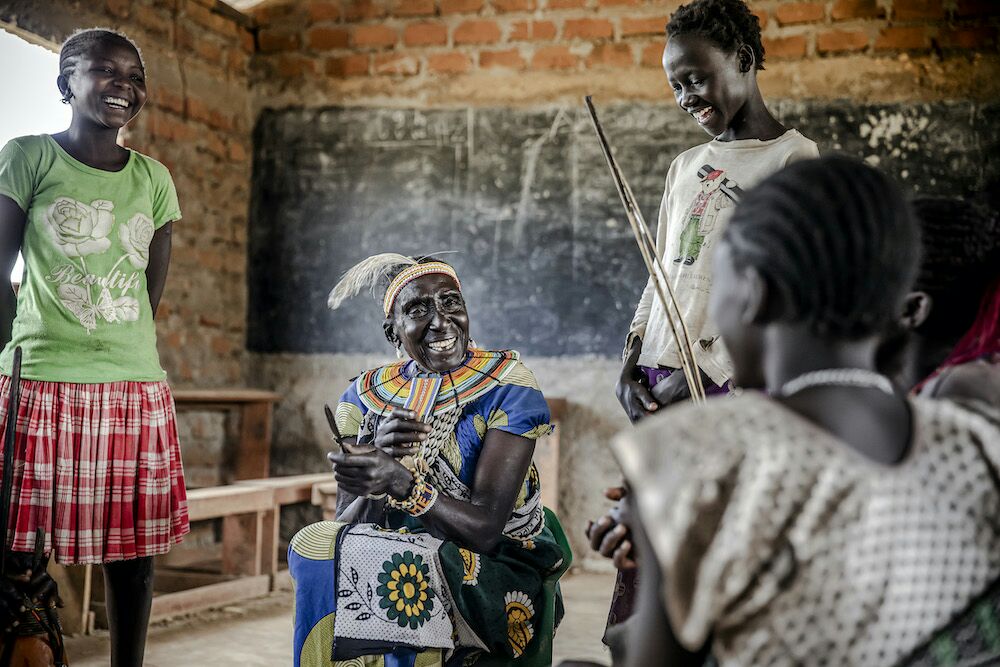
The three women credit their reformation to a newfound faith in God and the training and information they received from UNFPA partner World Vision Kenya on the negative effects of female genital mutilation on women’s and girls’ health.

